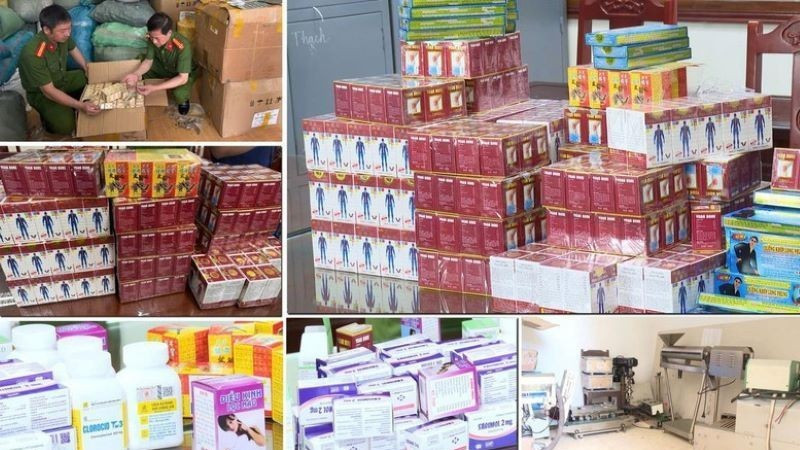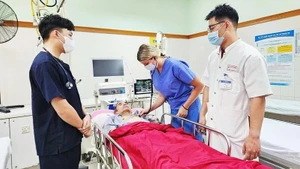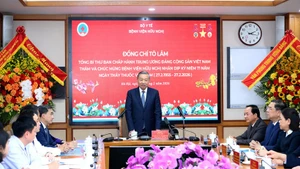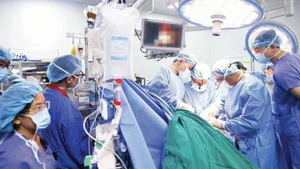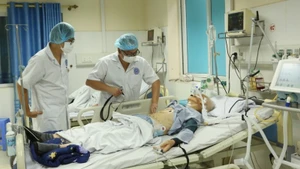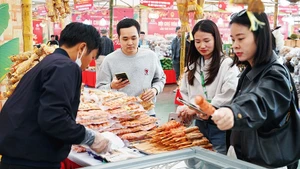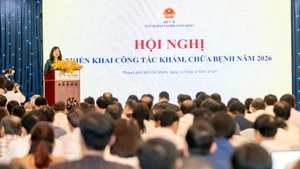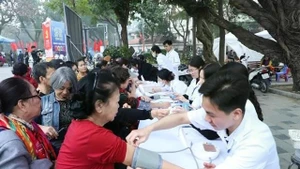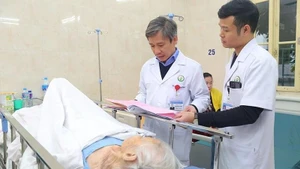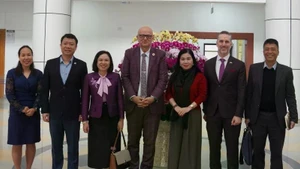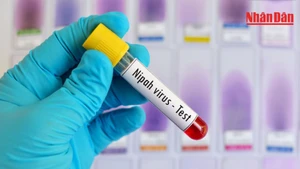The Government Office has just issued an official dispatch conveying the opinions of Deputy Prime Minister Le Thanh Long on handling information reflecting on the fight against and prevention of the production and trade of counterfeit functional foods and fake cosmetics.
Report of the Viet Nam Government Portal in Official Dispatch No. 533/2025/TTDT on June 16, 2025 on press information reflecting the issue of concerning the prevention of counterfeit functional foods and the handling of fake cosmetics. The report stated that, in recent days, in many localities across the country, authorities have discovered many thousands of of boxes of medicine and functional foods being secretly dumped and destroyed. This has highlighted the complex situation of the production and sale of counterfeit foods and functional foods, which is severely affecting both the health and finances of consumers.
These cases have raised questions about the effectiveness of the inspections by authorities in controlling and preventing this situation.
According to lawyer Truong Hong Dien, Head of the Xuan Phu Law Office, Ho Chi Minh City Bar Association, the decisive and continuous involvement of authorities in inspecting and handling violations is crucial to prevent counterfeit goods and substandard products, thereby protecting consumers. Additionally, it is necessary to ensure transparency regarding the responsibilities of the relevant departments and agencies in localities where the sale of unverified functional foods is rampant, affecting consumers. Along with administrative or criminal responsibility for unscrupulous traders, it is essential to consider compensation for consumers based on the amount of counterfeit goods sold.
The Viet Nam Government Portal’s report also highlighted the press's reflection on the issue of "Dealing with fake cosmetics: Testing costs exceed fines."
Specifically, in recent times, authorities in Dak Lak have handled 47 violations related to smuggling, commercial fraud, and counterfeit goods. Total fines imposed were nearly 975 million VND, with the value of the seized goods amounting to nearly 993 million VND, primarily cosmetics, food, and raw materials for medicines.
Mai Manh Toan, Deputy Director of the Department of Industry and Trade of Dak Lak, mentioned that counterfeit cosmetics and functional foods are increasingly prevalent, but enforcement remains challenging. The greatest difficulty lies in the testing process. After the goods are temporarily seized, samples must be sent for testing at specialised units. However, the testing costs are very high, often exceeding the amount of the administrative fines. In some cases, testing costs can reach 100 million VND, while administrative fines may only range from 5-7 million VND or several tens of millions of VND. To address the issue of counterfeit goods more effectively, it is necessary to simplify testing procedures and create conditions for authorities to take more decisive and efficient action.
In response to these concerns, Deputy Prime Minister Le Thanh Long has directed the Ministry of Health continue rigorously implementing the solutions previously outlined by the Prime Minister to prevent, control, and address the production and sale of fake medicines, food, and cosmetics. This includes focusing on reviewing, researching, and improving regulations and solutions that enhance the effectiveness and efficiency of efforts to combat the production and trade of fake food, pharmaceuticals, and cosmetics. The Ministry should also address the issues raised by the press regarding improving the effectiveness of inspections, the costs of testing, and the handling of fake cosmetics generally.
